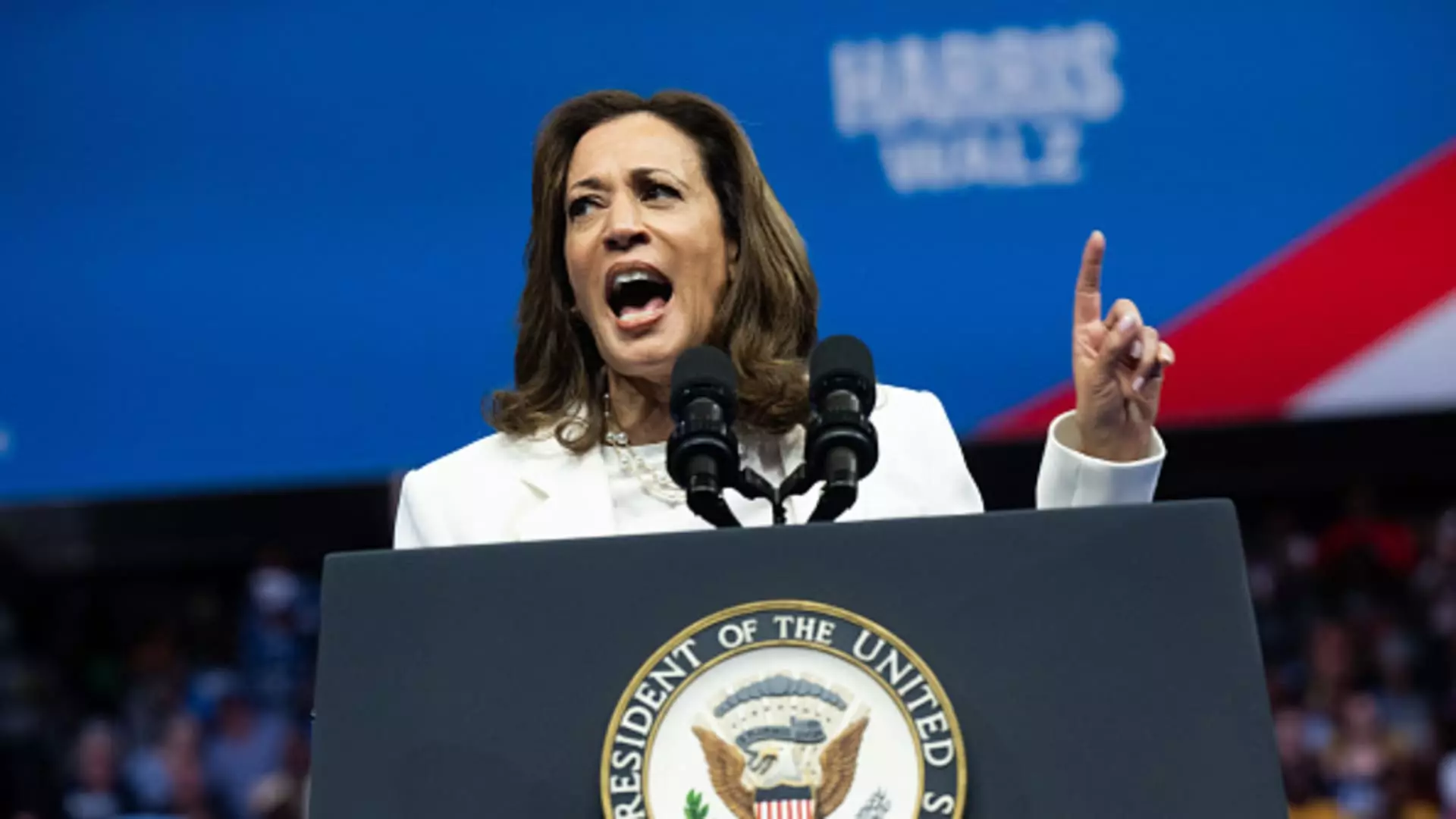Vice President Kamala Harris has put forward a plan to raise taxes on wealthy Americans and corporations, aligning with President Joe Biden’s budget proposal for fiscal year 2025. The proposal includes a 25% minimum tax on total income, targeting individuals with assets exceeding $100 million, known as the billionaire minimum tax. While Harris believes that this tax increase is necessary to ensure that the ultra-rich pay their fair share, experts are skeptical about the feasibility and effectiveness of such a plan.
Despite the noble intentions behind the billionaire minimum tax, there are significant hurdles to its implementation. One major obstacle is the lack of political support for the proposal. Steve Rosenthal, a senior fellow at the Urban-Brookings Tax Policy Center, noted that there is very little backing for this tax increase among policymakers. Additionally, the business community, including prominent figures like billionaire entrepreneur Mark Cuban, has expressed reservations about the potential negative impact on the stock market if unrealized gains are taxed.
Policy experts have also raised concerns about the practicality and effectiveness of Biden and Harris’s proposed tax increase. Erica York, a senior economist at the Tax Foundation’s Center for Federal Tax Policy, pointed out that the billionaire minimum tax could lead to significant administrative and compliance challenges. These challenges include liquidity concerns, potential gaming of the system, and disputes with the IRS. York believes that the tax proposal moves away from sound tax policy and may ultimately prove to be unworkable.
Moreover, Steve Rosenthal echoed York’s concerns about the feasibility of implementing the billionaire minimum tax. He highlighted the potential for legal challenges, particularly in light of a Supreme Court ruling in June. The complexity of reporting unrealized gains for each asset class annually, as required by the proposal, could lead to confusion and disputes, making it challenging for taxpayers to comply with the new tax regulations.
While the idea of increasing taxes on the ultra-wealthy may seem appealing to address income inequality and raise revenue, the proposed billionaire minimum tax faces a myriad of challenges. From a lack of political support to concerns about practicality and legality, it remains uncertain whether Harris and Biden’s tax plan will come to fruition. As policymakers continue to debate tax reform, it is essential to consider the potential implications and feasibility of proposed measures to ensure that any tax changes are effective, fair, and sustainable in the long run.

